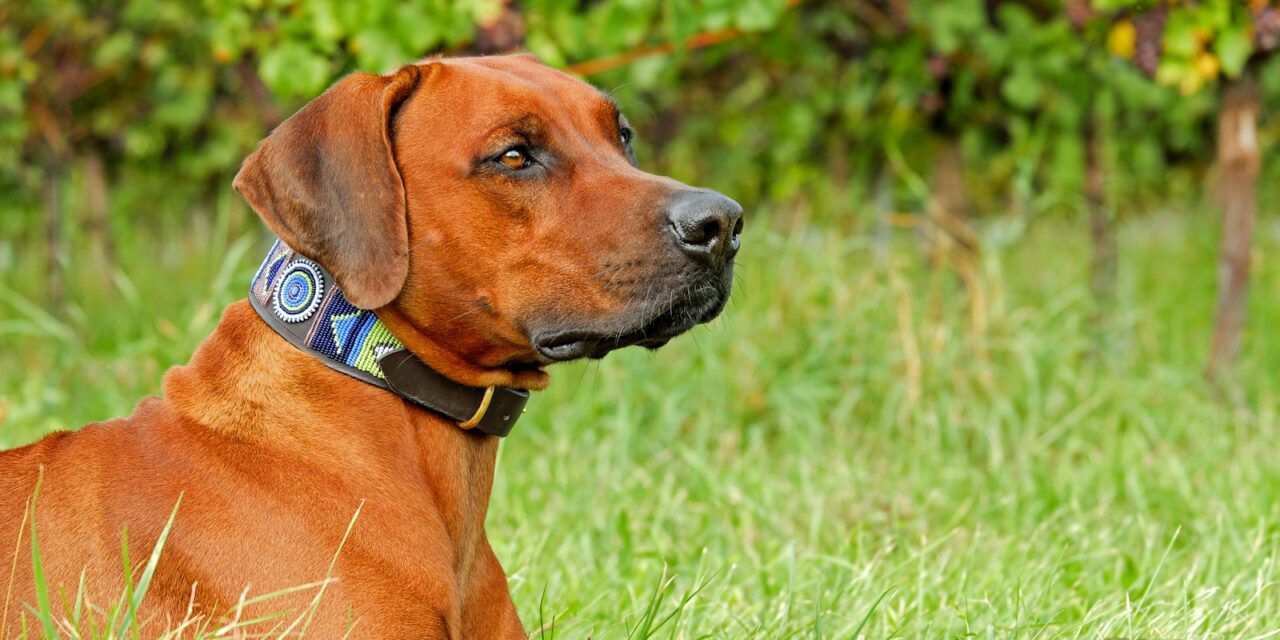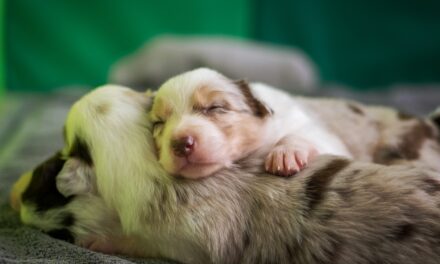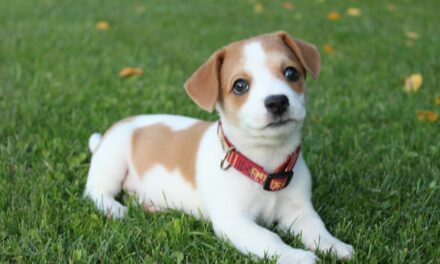The Kennel Club has introduced a new official DNA testing scheme for degenerative myelopathy (DM) in Rhodesian Ridgebacks.
This initiative follows consultations with the breed’s health coordinator and aims to provide breeders and owners with enhanced tools to identify and address the condition.
DM is a progressive neurological disorder leading to debilitating symptoms and, in many cases, euthanasia due to the resulting poor quality of life. The disease is thought to follow an autosomal-recessive inheritance pattern, meaning dogs must inherit two copies of the mutated gene—one from each parent—to have an increased likelihood of developing symptoms.
However, the condition is complex and influenced by additional genetic or environmental factors. This means the presence of the gene mutation does not guarantee disease onset, and its absence does not eliminate all risk.
DNA Test Classifications
Under the scheme, dogs tested for DM will be classified into one of three categories based on their genetic results:
- Clear: The dog carries no copies of the abnormal gene and is at minimal risk of developing DM. It can only pass on normal genes to offspring.
- Carrier: The dog carries one normal gene and one abnormal gene. While unlikely to develop symptoms, it has a slightly elevated risk and may pass the abnormal gene to its offspring.
- Affected: The dog carries two copies of the abnormal gene, putting it at a higher risk of developing DM. It will pass one abnormal gene to its offspring.
Test results will be added to the Kennel Club’s registration database, published in the Breed Records Supplement, and made accessible through the Health Test Results Finder on the Kennel Club website.
Recording Existing Test Results
Owners who have previously tested their dogs can submit their DNA certificates for official recording. Certificates should include the dog’s microchip or tattoo identification, along with its registered name or number. Submissions can be emailed to the Kennel Club’s Health Results department.
To ensure the integrity of recorded results, the Kennel Club has established criteria for acceptable DNA testing laboratories. Owners are encouraged to check the Kennel Club’s updated list of approved laboratories before selecting a service provider. Results from unapproved laboratories will not be recorded.
Further information on the testing process and laboratory requirements is available on the Kennel Club’s website.
Resources and Ongoing Efforts
To support breeders and owners, the Kennel Club offers resources such as the webinar “The Science of DNA Testing,” presented by Dr Joanna Ilłska, the organisation’s geneticist.
This DNA testing scheme is part of the Kennel Club’s ongoing collaboration with breed clubs and health coordinators to promote responsible breeding practices and improve the health of pedigree dogs. Requests for new DNA testing schemes are typically initiated by breed health coordinators or breed clubs and are subject to formal review by the Kennel Club.








